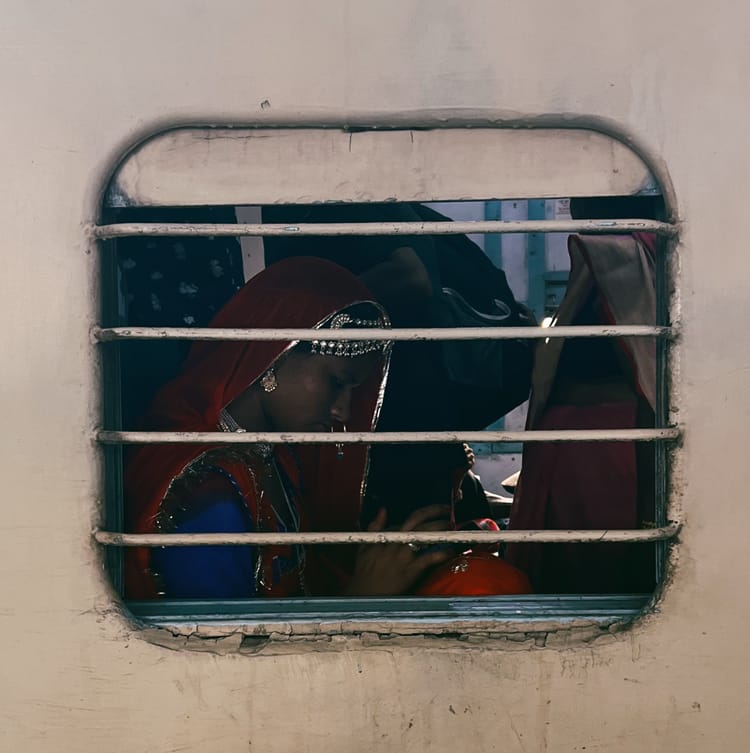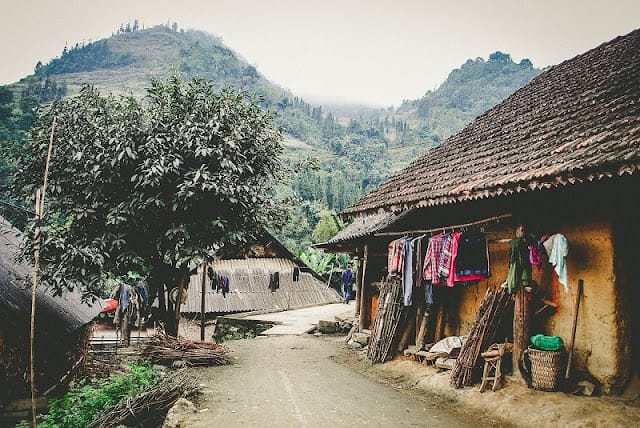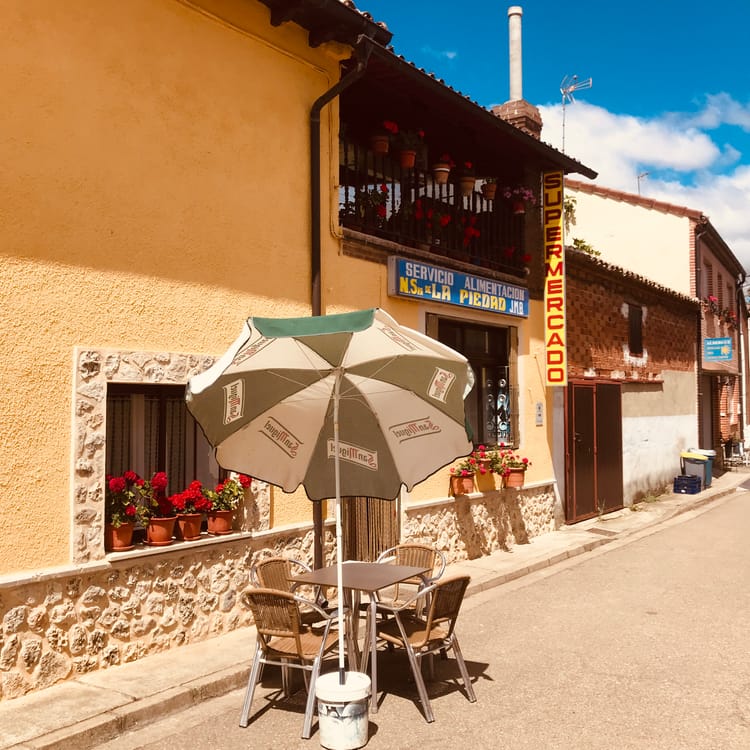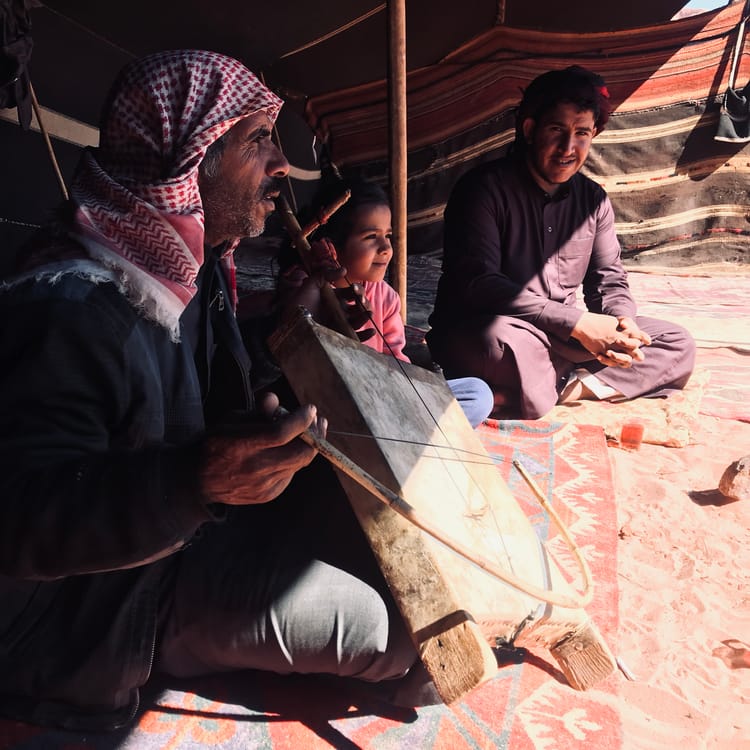Tea With Sanjay
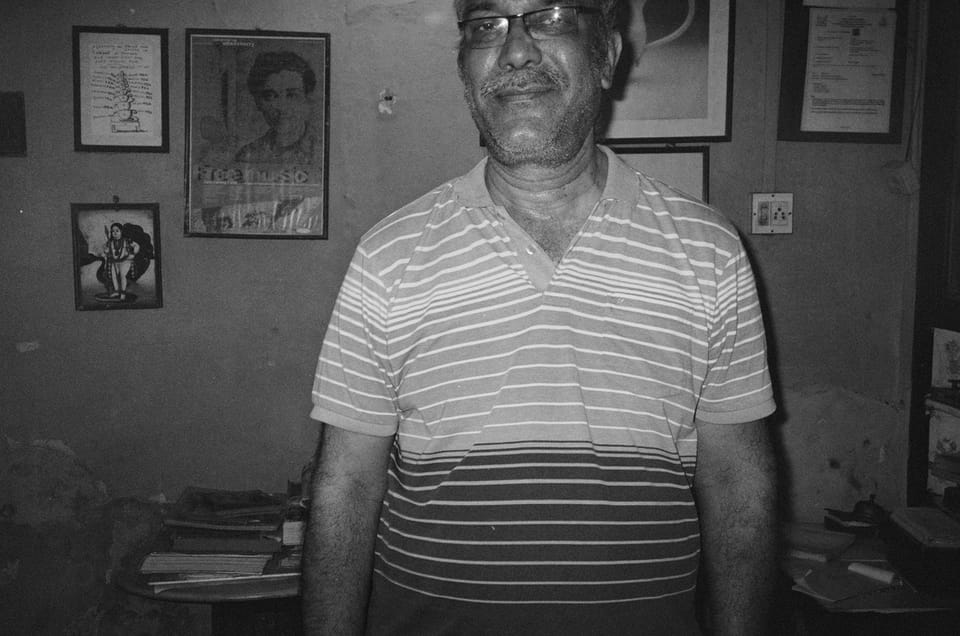
Sometimes, life throws you a Sanjay.
A reminder of the grace in simplicity, the power of gentleness, and the softness you lost in the comings and goings of the journey.
One of those rare souls whose essence seems infused with the eternal.
A mirror against the noxious delusions we all so dearly cling to as we move about the world. Proving that, perhaps, true beauty's safe only in obscurity, in the undefinable, something only experienced, not understood.
And, if the timing's right, and you listen carefully, a portal begins to open—a door to a deeper, subtler form of being.
But these doors don't stay open forever, and we're often retrospectively forced to digest the truth that we neglected to pass through them.
That curious dance between fate and free will that we're all suspended in.
When I knew him, Sanjay was a match in an otherwise darkening room.
Recently jobless, I was caught in a subconscious soup of frenetic, half-formed images and anxieties. A racing mind increasingly burdened by the prospect of withering funds as I meandered the chaotic south Indian streets and sat scribbling under the relentless cafe fan.
On the more vacant days, we'd talk for hours.
Our conversations were punctuated only by the rare customer arriving and promptly departing after their feigned interest in the menu, a pathetic attempt at masking their two-minute photoshoots surrounded by the fading portraits, piles of frayed, molding paper stacks, and the yellow, peeling colonial walls of the Teapot Cafe.
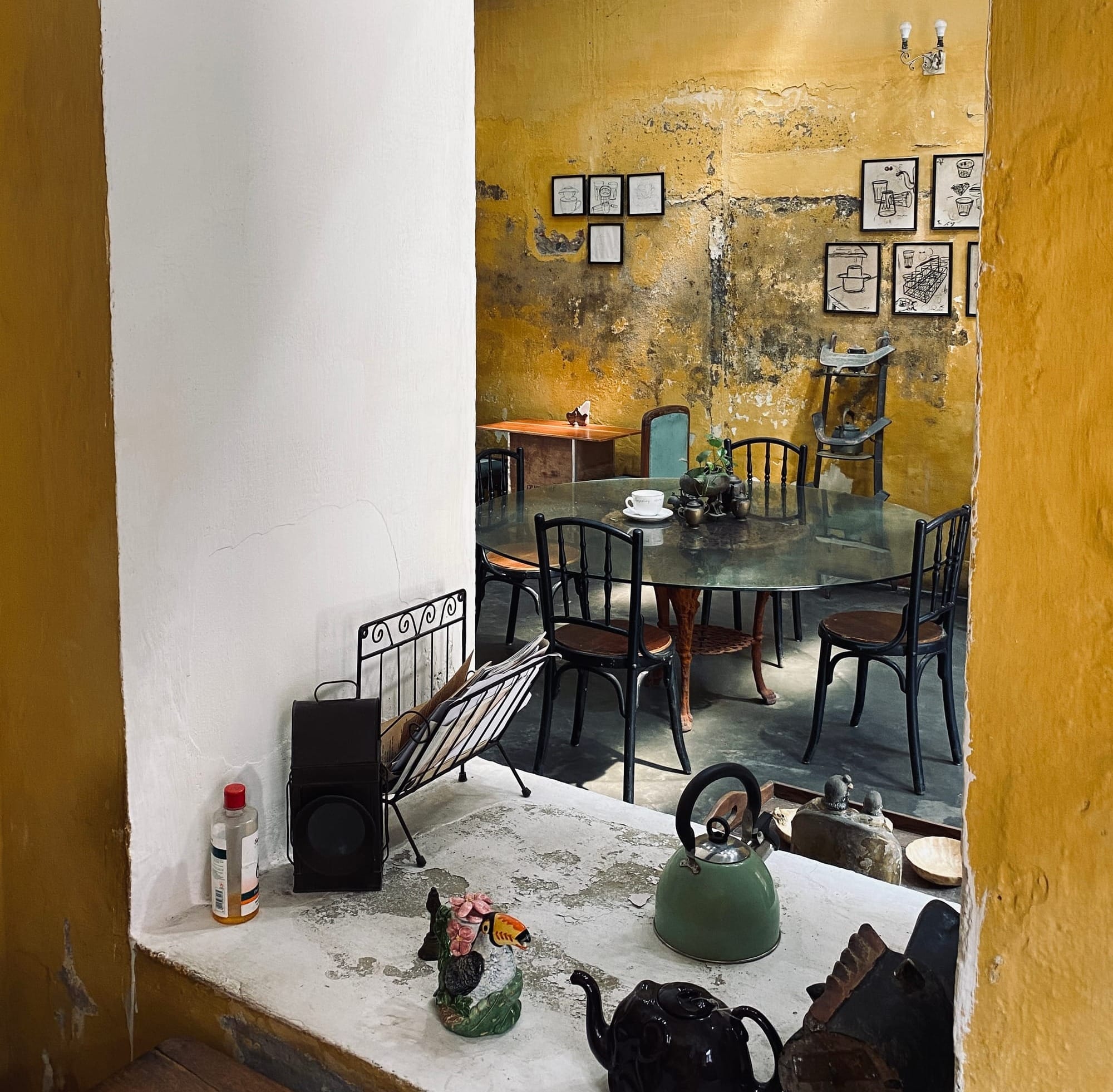
During the busier periods, we'd wedge conversations between his taking orders and being snapped at by impatient rich Indian tourists clutching their selfie sticks and Bramanic entitlements.
We'd fervently discuss Indian history, Vedanta, and Geopolitics well into the night as I sat there drenched in sweat, drinking lemon ginger tea, applying for gigs, and writing.
For a man born on the wrong side of caste, he was mesmerizingly articulate and self-educated, a quality that infuriated the more obtuse Brahmins who paraded their privilege among the fish merchants and sleepy rickshaw drivers in those slow, mosquito-infested streets.
Sanjay had traversed the country in his youth seeking work, eventually reaching Kerala, where an aunt and her family were barely carving out a life in the backwaters.
After landing a job as a waiter in Fort Kochin, he moved into a single bed in their small spare room, and he'd remained there since.
His life was a cyclical montage of 14-hour work days bookended by noisy, suffocating bus trips to and from the family home.
Marriage and children, the mandatory hallmarks of Indian social life, seemed to have entirely missed him as the decades fused under the rising damp of the humid colonial walls.
Yet, in his estrangement from the vortex of traditional Hindu culture, he was content, curious, and energized by the vicarious glimpses of the outside world that his work momentarily gifted him.
He was a repository of stories, a meticulous observer of the human condition as it passed through his doors in its technicolored forms over the decades.
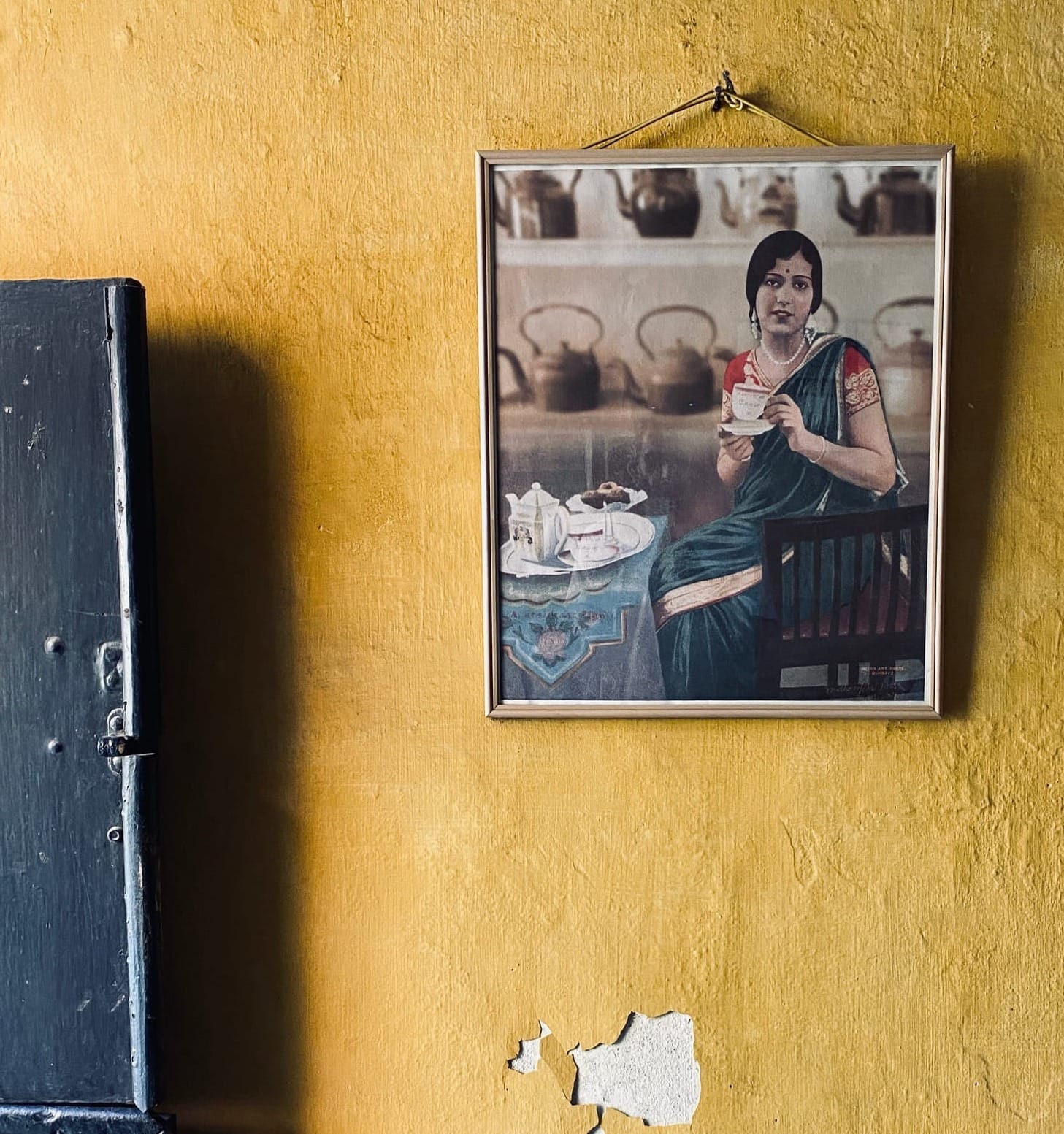
Sanjay's country had changed beyond recognition in the years since he washed up in Kochin.
Yet, some things seemed eternal: The strong smell of fish as the stifling midday sun began to heat the streets and the wirey men rode by on their bicycles flogging their morning catch, the chaos that Indians seemed to enjoy as he waited in line for the bus every evening, and the superstitions of the locals, who, out of either fear or desperation, still abided by a peculiar form of spirit worship using chalk symbols to protect their houses from evil.
For one thing, he'd relished in the influx of Western travelers, who'd always been a source of curiosity, a parallel multiverse he could vicariously experience things he wasn't sure he even wished to experience.
It was a wonderful point of contact with the outside world in the pre-internet days when the papers only seemed to cover the trivial qualms of the greedy, big-bellied, ruby-fingered Kerelan politicians who drained the life from him whenever he saw the headlines.
He was, by any definable metric, happy.
It was a self-assuredness, a gentle centeredness that made some customers uneasy. The sort of harmonious personal power that exposes gaping holes in your concocted personal narrative.
Mostly, it was contagious. And people felt immediately lightened by his presence. Yet, occasionally, someone would walk in and immediately flare up, repulsed by his soft-spokenness, his cordial diligence, and his refusal to demean himself by engaging in gossip.
As if his unwavering dignity assaulted their delusions, they'd find a way to vent their petty frustrations: the Mosquitoes, the service, the lack of music. There'd always be a facile excuse for their rage and lack of tip.
But Sanjay didn't care. These people were just another expression of human life. Something he'd dedicated his days to fervently studying. They were the manifestation of the archetypical ugliness that resided at the heart of each of us. That darkness eternally wrestling with the light.
For Sanjay, these people were his Karma, and it was his duty to act as the warm breeze of compassion as they espoused their pain in whatever way it manifested.
I'd sit there writing, momentarily transfixed by the power of his interactions.
The energy emanating from this unexpected, plump, thoroughly ordinary man as he treated each person who crossed the threshold with the grace and dignity of a king.
Daily, he evoked something in me.
At first, it was a gentle stirring.
This gnawing sense that I'd abandoned something in the years since I'd hit the road. Something precious.
As the afternoons meshed into a humid swirl of sweat and incense, I began to shed defenses, subtle layers I'd seemingly cloaked myself in, as cynicism had begun to tug at my heels like a hungry street child.
Through his perfect ordinariness, the softness of his presence, and the gentle dignity of his body language as he meandered through the tables and collected used glasses and bills with equanimity, Sanjay was a contagious, Buddic reminder of the healing power of non-judgment.
The magic in touching life free from the buffers we all cultivate as we compulsively roll from one experience to the next.
He was a profound reminder of the pettiness of our obsessive desires for attention, fame, status, and power.
That, when it's all said and done, all that matters is how we traverse life, how we carry ourselves as we meet the manifestations of people's inner turmoil and radiance, and grapple with our own.
How deeply we touch the lives of others, and, in this churning current of hankerings and lamentations, how often we're able to help others come up for air.

